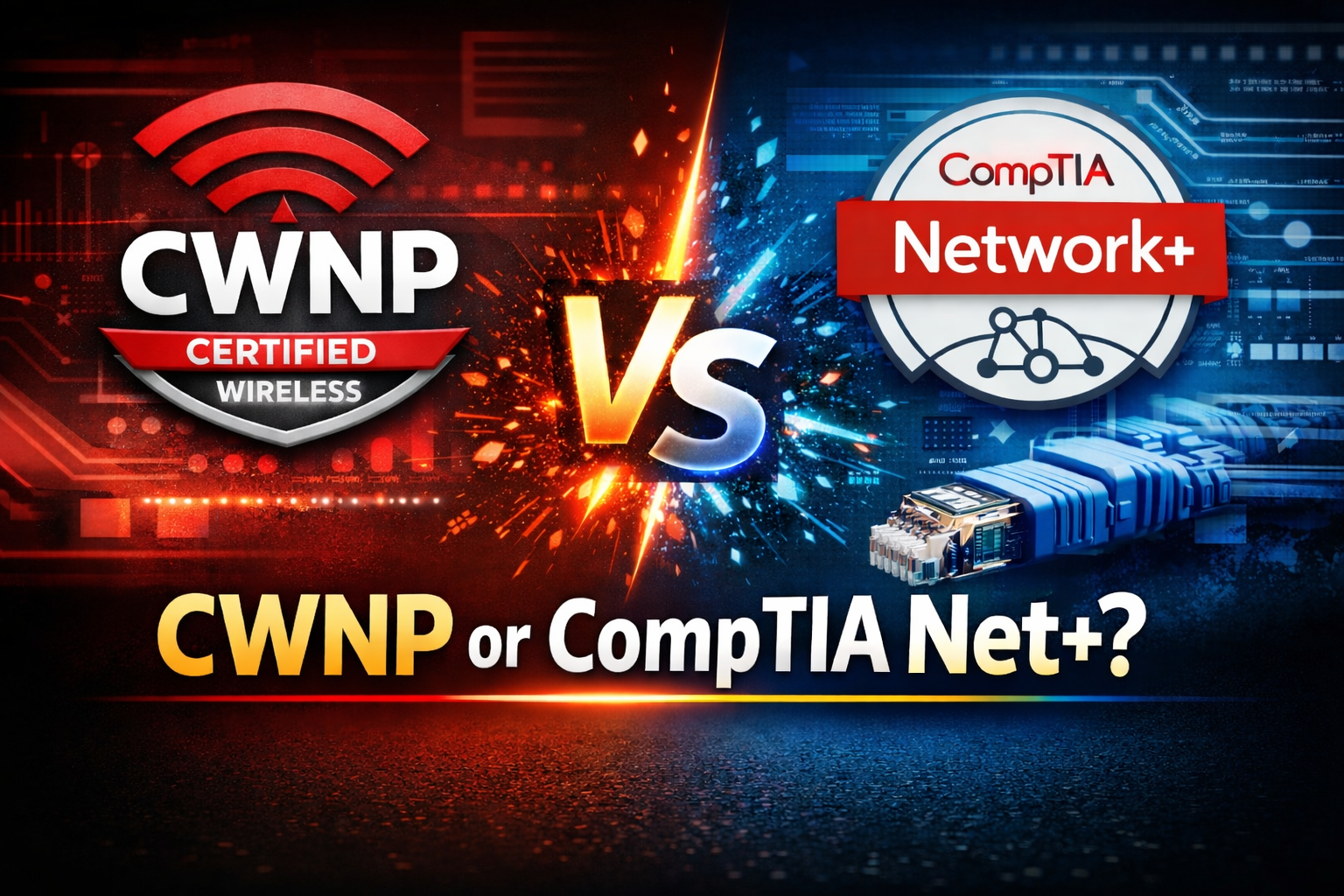The Invisible Achilles’ Heel of Network Security
The Invisible Achilles’ Heel of Network Security
Not too long ago, we tweeted an article about the biggest hacks of 2018 and yet another has just been revealed. This is becoming commonplace. The trend seems to be indicating that too many people have become complacent in their security protection. Hacking of any company’s data is BIG business – more so than most people realize.
According to CSO Online about 58 records are stolen EVERY SECOND! Even though smaller breaches go unreported, larger ones are usually reported and, at an estimated average cost of $141 per record, the bill for a breach can be staggering.
Sticking your corporate head in the sand and saying “It won’t happen to me” is a big mistake. It is far better to put resources in place to ensure you have done everything you can, to defend yourself. Unfortunately, firewalls, anti-virus, anti-malware, strong passwords, biometric devices, and physical security measures are not always good enough. As a business manager (or owner) you also need to train your IT staff in what to look for that may indicate a threat, what to do during an attack, and how to mitigate potential future intrusions… BUT there is another layer of weakness that is often overlooked…
You may remember the story, from Greek mythology, of Achilles. He was the baby who, it was foretold, would die young. His mother took him to the river Styx, and dipped him in, holding him by the heel, in the hope that the magical water would give him the power of invincibility. Into adulthood, he survived many battles however, one day, a poisonous arrow was shot at him and hit him in the (un-dipped) heel. He died soon afterwards.
Forbes revealed that, even after you have spent money on putting a strong security protocol in place to protect your company, and trained your IT team, your other (non-IT) employees can cause your company’s security downfall. Any employees who fail to follow simple security-oriented steps (either accidentally or deliberately) can cause gaping holes in otherwise competent network security.
It doesn’t matter how big or small your company is, employees can still be the cause of major weaknesses in your network security. Even if you think that training them is going to be more than the current budget can handle, that price, whatever it may be, is still going to calculate out as being significantly less than the cost of mitigating the devastating result of a full-scale breach.
Some of the old phrases or “sayings”, that we all heard our Grannies tell us, containing their sage wisdom, have never been more appropriate: “a stitch in time, saves nine” advises us that it is better to make your employees aware of the basics BEFORE they let you down, and potentially cost you a fortune, than leaving it until it is too late, and then being forced to “close the barn door after the horse has bolted”!
Training ALL your employees < not just your IT team > in network security is essential, because your company may already possess its invisible “Achilles’ heel”.
NC-Expert has been aware of this problem for a long time and offers training classes in network security – both for IT professionals AND for non-technical employees.
Contact us TODAY to discuss how we can help your employees prevent disaster!
===
Non-Technical Security Training:
- CertNexus’ CyberSAFE
- also NC-Expert exclusive training (contact us for details)
===
Professional Network Security:
===
If you would like to learn more about how NC-Expert can help, contact us TODAY
!
The post The Invisible Achilles’ Heel of Network Security appeared first on NC Expert.
NC-Expert Blog






